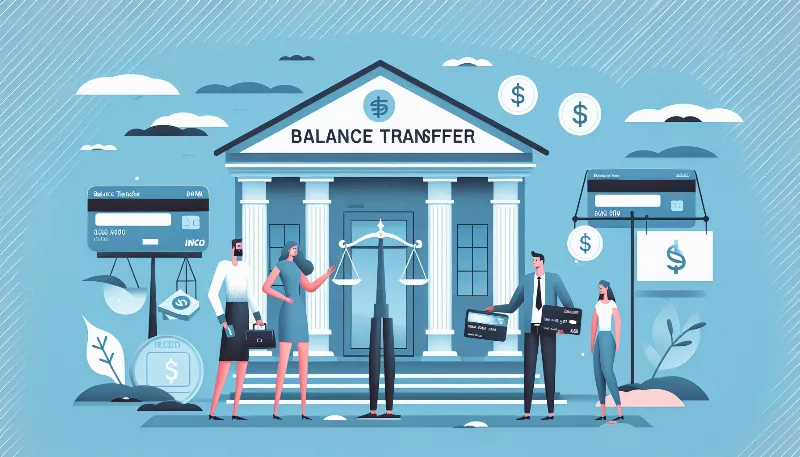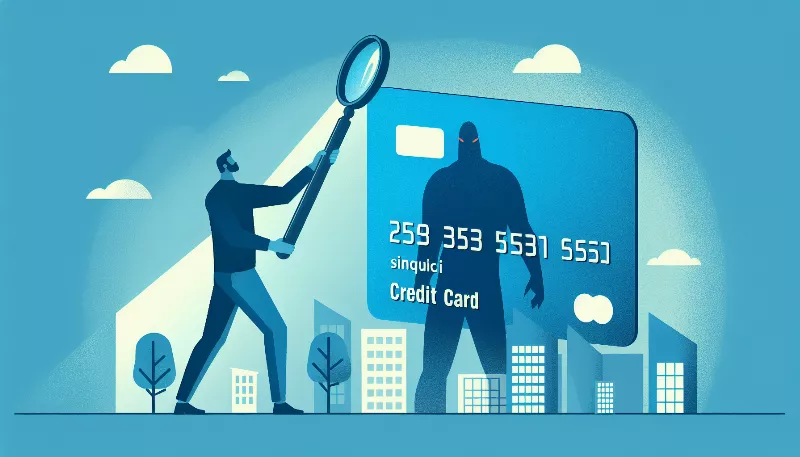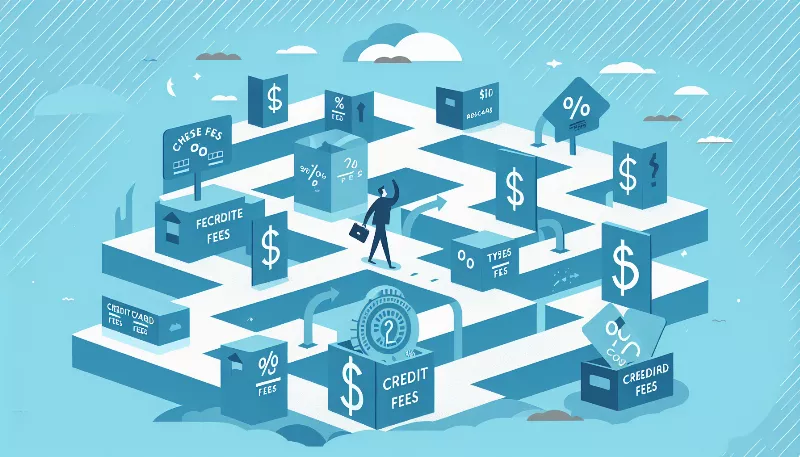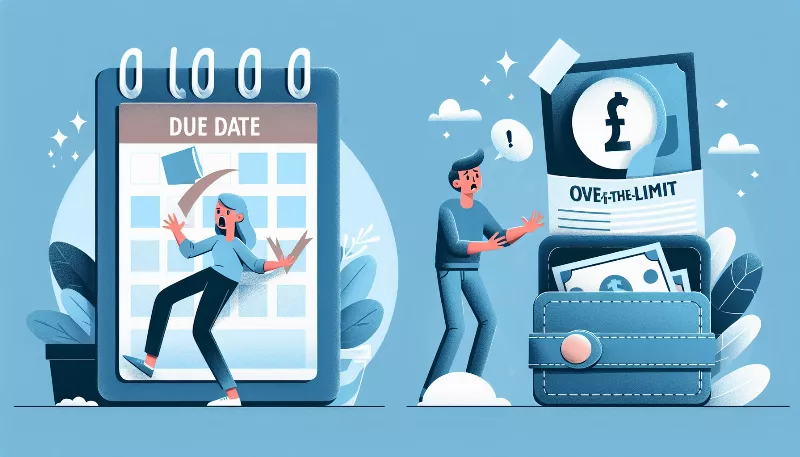What is a balance transfer fee and when does it apply?
Discover how balance transfer fees work, when they're charged, and tips to minimize costs. Make informed credit decisions with our expert guide.

Unlock the Mystery of Balance Transfer Fees!
Are you considering transferring your credit card balance to another card? If so, you're about to embark on a savvy financial move that could save you heaps in interest charges! But wait, there's a tiny hitch you should know about: the balance transfer fee. Let's dive into the nitty-gritty of what this fee is all about and when it might come into play.
The Lowdown on Balance Transfer Fees
Imagine you've got a credit card with a high-interest rate that's eating away at your wallet. You find another card offering a tantalizing 0% introductory APR on balance transfers. You're over the moon, thinking of the money you'll save! But then, you spot it?the balance transfer fee. This fee is typically a percentage of the amount you're transferring, usually ranging from 3% to 5%. It's the price you pay for the privilege of moving your debt from one card to another, often to take advantage of a lower interest rate.
When Do These Fees Kick In?
So, when do you have to fork over this fee? The moment you initiate a balance transfer, the fee applies. It's added to the amount you're transferring, which means you'll be paying off the transferred balance plus the fee. Keep in mind, even if a card offers a 0% APR, the balance transfer fee isn't waived unless explicitly stated as part of the promotion.
Calculating the Cost of Your Transfer
Let's crunch some numbers to see how this fee affects your finances. Say you're transferring $5,000 to a card with a 3% balance transfer fee. That's an extra $150 added to your balance. If the fee is 5%, it jumps to $250. It's crucial to calculate this cost to ensure your balance transfer is still a sweet deal after the fee is factored in.
Is a Balance Transfer Right for You?
Before you leap into a balance transfer, consider whether the fee is worth it. Will the interest you save outweigh the cost of the fee? If the answer is a resounding 'Yes!', then go for it! But if the math doesn't add up, you might want to keep looking for other ways to manage your debt.
Final Thoughts
In the world of credit cards, a balance transfer can be a game-changer for managing debt and saving on interest. Just remember to factor in the balance transfer fee to see if it's the right move for your wallet. With this knowledge in hand, you're ready to make an informed decision that could lead to a happier, healthier financial life!









